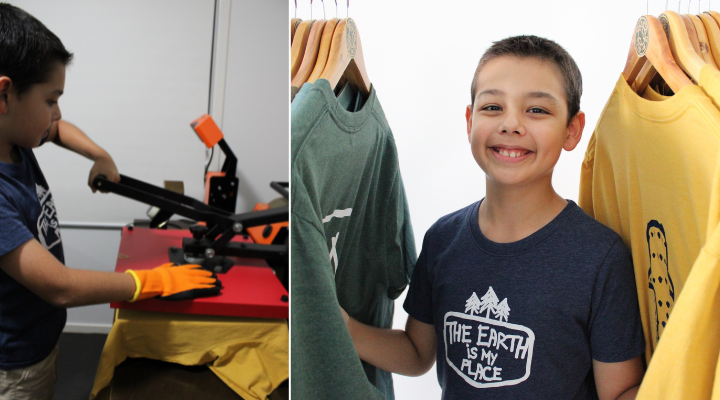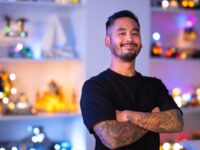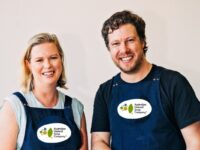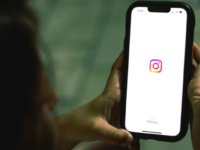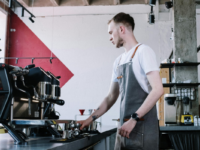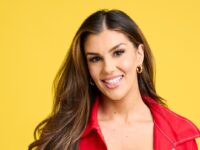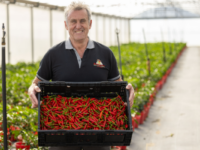Sebastian Onate-Henriquez is an award-winning entrepreneur and the founder of sustainable fashion brand The Earth is My Place. For the last five years, the business has sold eco-friendly garments made from sustainable and recycled materials, promoting ethical fashion and responsible consumption – and planting a tree for each product sold.
Also, owner Sebastian is just 10 years old – but that’s just a side note. The entrepreneur says he’d much rather his customers focussed on his message than how old he is.
“It’s important to me that customers appreciate the quality and positive impact of my products, rather than focusing on my age,” he says.
After all, Sebastian navigates challenges that many business owners face, regardless of age. These include building credibility with suppliers, unpacking customer feedback, and maintaining his passion and purpose. ISB talked with Sebastian to uncover what lessons we can learn from his business story: here they are.
Lesson 1: Direct market feedback is key
Testing before scaling has been an important part of The Earth is My Place’s growth journey. Sebastian started selling online through his website, but a turning point came when he took his products to local markets and started interacting with customers.
“I test out every new design at the markets to see what people like the most,” he explains. “I watch how customers react, whether they stop to look, how they talk about the design, and if they’re excited to try it on. I also get suggestions for new designs that they’d like to see.”
Based on this feedback, the business focusses on the most popular designs – and only the bestsellers go onto its official website. Sebastian explains that this makes sure his business only sells what people will truly love – and will actually buy.
Lesson 2: Passion and storytelling are powerful differentiators
When Sebastian discusses selling at markets, he reveals another key tenet of his business: speaking directly with customers about his mission.
“I get to meet new people [and] talk with customers about how we can take care of the environment,” he explains. “I think people connect with my story because they see me working seriously and with commitment, not because I’m a kid, but because of the mission behind the business.”
This personal touch continues down to the entrepreneur’s products, all of which are hand-printed by him and his parents.
The brand’s storytelling doesn’t stop there – it also takes center stage in The Earth is My Place’s marketing strategy. Sebastian’s most successful channels for building awareness have been earned media, word-of-mouth referrals, public speaking gigs, and networking events – all of which allow him to discuss his mission in-person and at length.
He adds that showing his passion and commitment has helped him overcome skepticism from business partners.
“When I first started my business, some people were unsure about how a kid could be serious about a project like this,” Sebastian recounts. “It was a challenge to convince suppliers but I did it by showing my passion and commitment to the environment.”
That being said, he says that people often don’t realise that the owner of The Earth is My Place is, in fact, a 10-year-old.
“When they find out the business is run by me, they feel inspired and happy to support a small business with a meaningful purpose,” says Sebastian.
Lesson 3: Never lose sight of your mission
Sebastian has been laser-focussed on his environmentalist mission since he was five years old and did a presentation for his class.
“That’s when I first realised the world was in danger, and I knew I had to do something about it,” he explains.
Most people go through a myriad of different hobbies and phases by his age – but Sebastian has never wavered from his passion. When asked what his dream brand partnership would be, Sebastian briefly mentions outdoor clothing giant Patagonia – but then affirms that ethics around environmentalism are his top priority.
“It’s important for me to find partners who are committed to creating positive change,” he says. “My current focus is on partnering with smaller, sustainable brands that are equally passionate about protecting the environment.”

